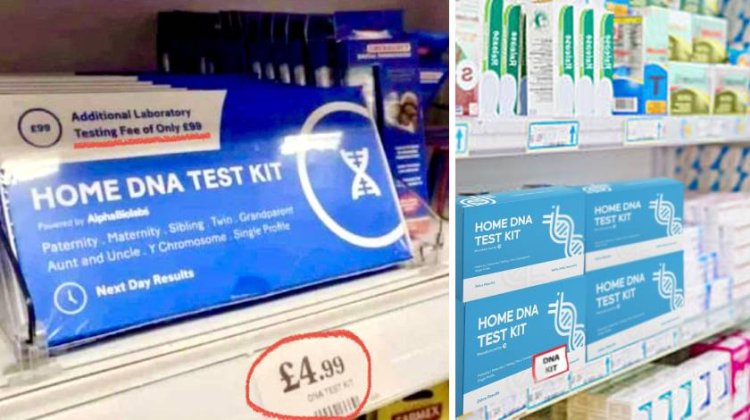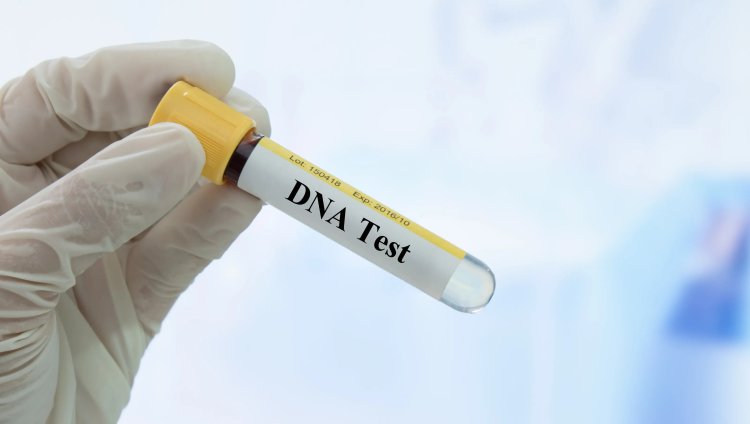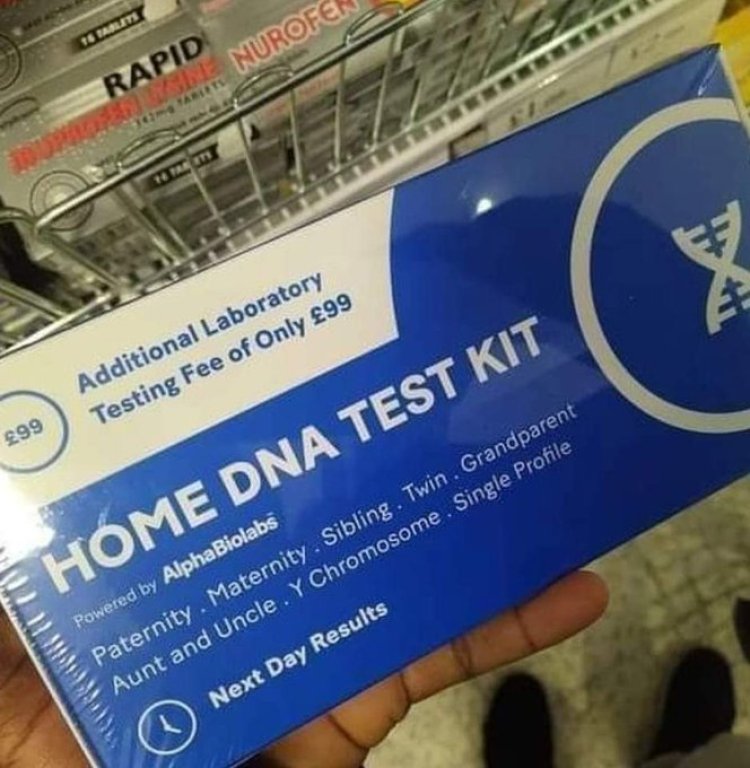Kenyans Urged To Report Those Selling Ksh800 DNA Test Kits
It urged against purchasing the Ksh800 testing kits being marketed to Kenyans, saying that any retailer selling them is doing so illegally.

The Pharmacy and Poisons Board (PPB) has fired a warning to Kenyans against buying and using home DNA testing kits from the market.
In a statement on Thursday, January 12, the government agency clarified that it has not allowed any retailer to sell the kits in Kenya, whether or not the retailer is within the country's borders.
It urged against purchasing the Ksh800 testing kits being marketed to Kenyans, saying that any retailer selling them is doing so illegally.

A DNA test taking place. /FILE
"It has been brought to the attention of the Pharmacy and Poisons Board (PPB) that unauthorised home DNA test kits are being marketed on digital platforms for retail in the Kenyan market.
"Please note that the PPB has not authorised any retailer to sell such kits and hereby appeals to the public to be on the lookout for retailers marketing these Kits," read the statement in part.
Kenyans were also called upon to reach out to the government agency in the event they encounter those selling the kits, which reports indicated were being sold through the international online markets for Ksh800.
"Consumers are encouraged to report (sellers) to the PPB in case they come across any retailer selling related products via info@pharmacyboardkenta.org," the board stated.
Reports surfaced earlier in the week regarding the Ksh800 kit, with Kenyans expressing different views on the new-age technology which sought to eliminate the need of going to medical facilities to ascertain their ancestry, paternity and potential health risks.
One of the locally available home DNA sample collection kits is priced at about Ksh800. However, the user is required to send the sample collected for laboratory testing which costs about Ksh15,000.
The ability to collect DNA samples in the comfort of the house, without the need to visit a lab or clinic, can be an advantage for many people, especially those living in remote areas or who may have difficulty travelling to a testing location.
"For the actual DNA test, the sample collected has to be mailed/shipped to the lab where the lab testing fee is a minimum of Ksh15,000. The home DNA test kit is just the sample collection kit (swab)," Consultant Pathologist Ahmed Kalebi clarified.
Despite convenience coming as the main advantage of such DNA testing kits where individuals can obtain samples with simple methods, experts argue that the vast amount of information in DNA cannot allow for collection without consent.
With home DNA testing kits, individuals can easily and affordably determine the father of a child, without the need for more invasive and expensive methods and to provide peace of mind to parents and children, especially when the paternity of a child is in question.
Home DNA testing kits however carry their disadvantages, which include the accuracy of the results likely being not as high as those obtained through more elaborate DNA testing methods. Additionally, the privacy and security of the results may be compromised if the kits are not handled properly or if the samples are contaminated.
“That kind of testing is not admissible in a court of law, but people do it for peace of mind,” Kalebi added, further noting that “Most labs don’t do the peace of mind testing because of issues of consent."
Other than personal consent, only a court of law can order DNA testing to determine paternity and any DNA testing done without a court order or consent is illegal, exposing one to a lawsuit.
It's also important to note that home DNA testing kits are not medical diagnostic tools and the results of the tests should be treated as informative and not conclusive. Medics thus advise that the results of home DNA testing should not be used to make legal or medical decisions or to self-diagnose any medical condition.

A home DNA test kit. /TWITTER






